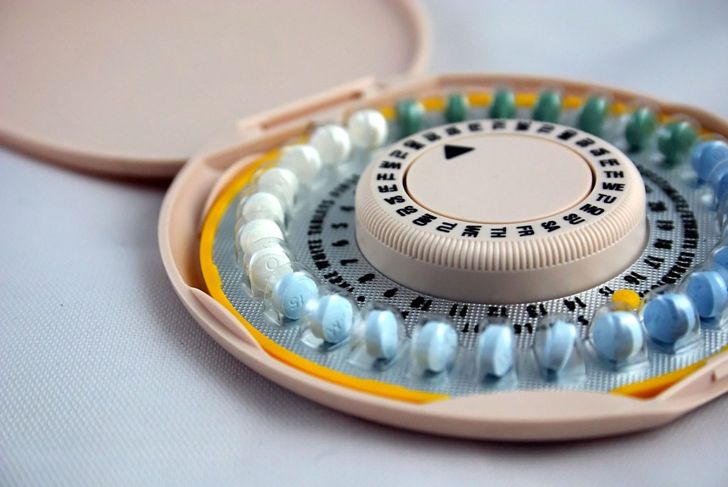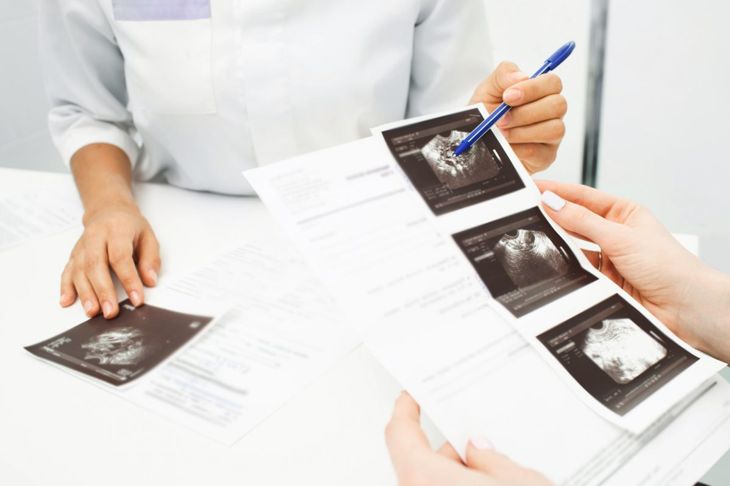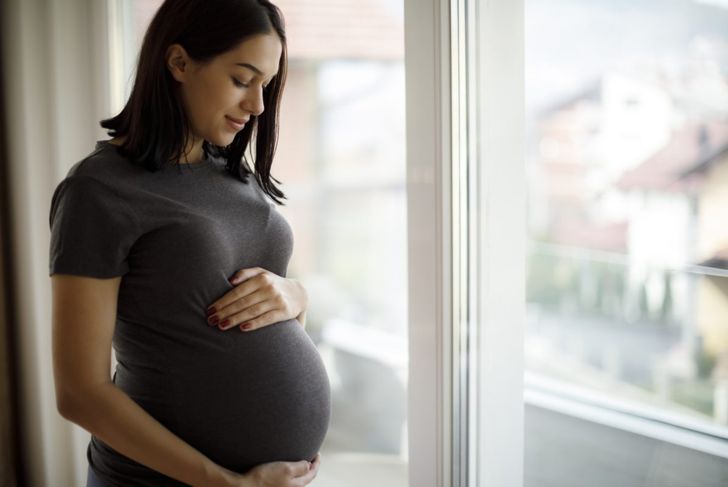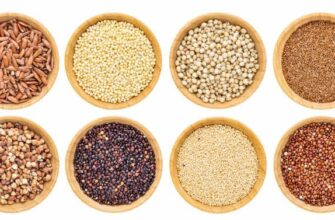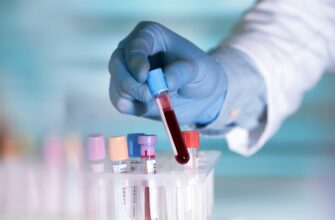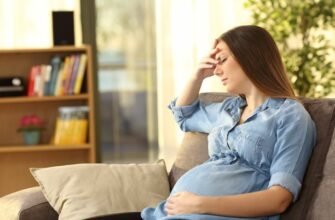Changes to your menstrual cycle, whether the length or severity, can be unsettling. It is easy to assume the worst if your normal period suddenly becomes heavy or more frequent. Late periods can be frightening and stressful or spark hopes that are eventually dashed. The good news is that most period changes are not serious, and working with a doctor can get you back on track.
Smoking
There are many negative health consequences to smoking, including changes to the menstrual cycle. Smokers are more likely to experience irregular cycles as well as spotting between periods[Obstetrics]. Irregular cycles may be one reason for lower fertility rates among this demographic. Smokers also reach menopause at a younger age, on average, than nonsmokers.
Menopause
Though menopause is a natural part of life, you may still be surprised when your period becomes irregular and eventually stops. Many women are caught off-guard by how early menopause-related changes to their period develop. It is not unusual to notice a change in your cycle length early in your forties. The changes can continue for years before your period stops entirely.
Excessive Exercise
Hard exercise can stop the menstrual cycle completely. The condition, amenorrhea, is more common among elite-level athletes, but anyone who exercises too long, too hard, or ramps up the intensity of their workouts too quickly can see menstrual fluctuations.Rigorous exercise causes the body to release stress hormones that can interfere with the production of estrogen, progesterone, and other reproductive hormones[USC].
Stress
Stress can affect periods in a few different ways. Going through a stressful period may lengthen or shorten your period, temporarily put a stop to it, or you may experience more painful cycles[NHS].Dealing with the stress that is causing these changes will typically get you back on track. Some people are able to find stress relief through exercise, meditation, or other self-help tactics, while others find counseling more beneficial.
Birth Control
Hormonal birth control can cause changes to your period that are perfectly normal. If you previously experienced irregular periods, you may be surprised at how quickly birth control pills create a more predictable cycle[University]. Many people also experience lighter, shorter cycles while on birth control pills.Hormonal IUDs can also change your period. In the first few months, your period maybe a little heavier than normal. After that, it is not unusual to stop having a period entirely or just have an occasional day or two of light spotting. It can take up to a year for menstruation to regulate again after the insertion of an IUD.
Polycystic Ovary Syndrome
PCOS can cause your periods to become less frequent and very irregular. The symptoms generally show up at puberty, so many women never experience regular cycles. You can develop PCOS later in life, however, often as the result of weight gain. PCOS periods[MayoClinic] are often abnormally heavy and over 35 days apart.
Thyroid Conditions
The thyroid has a lot of important jobs, and one of them is helping control your period. Both hypothyroidism and hyperthyroidism can affect your period[HHS]. Because thyroid problems affect the menstrual cycle, they can make it more difficult to get pregnant. After conception, these problems can have a negative effect on both mother and baby.
Polyps
Uterine polyps, which are an overgrowth of endometrial tissue, can change your period. Polyps range from very small to quite large and may develop singly or in a cluster. While typically noncancerous, they can wreak havoc on the menstrual cycle.Polyps most often develop in women between 40 and 50, though they also occur in younger women and make pregnancy a challenge. Being overweight and having high blood pressure both increase the risk of developing uterine polyps[Cleveland].
Fibroids
Uterine fibroids have some similarities to polyps, including their ability to affect your period. While polyps are made up of an overgrowth of endometrial tissue, fibroids are composed of connective tissue and smooth muscle cells. Women between the age of 18 and 50 are most likely to experience them, though many never develop any symptoms. Those who do often note prolonged or heavy periods[Mayo] and pain after intercourse.
Pregnancy
Pregnancy puts a stop to your period during the pregnancy and for some time afterward. While some women do experience light spotting throughout gestation, bleeding is a sign to contact your doctor. Once you give birth, your body will spend a few weeks expelling the uterine lining that acted as a home for your baby for the past nine months. After that, your normal period may not resume for some time.Factors that dictate when your period returns[HealthDirect] include whether or not you breastfeed and how often, as well as your body reacts to the normal hormonal changes of pregnancy and giving birth.

 Home
Home Health
Health Diet & Nutrition
Diet & Nutrition Living Well
Living Well More
More



